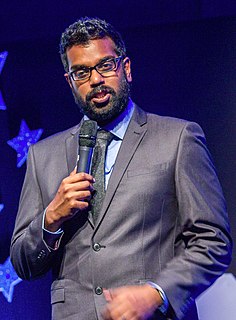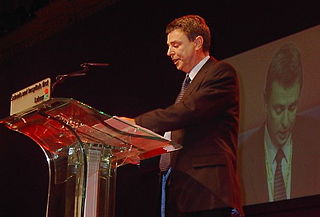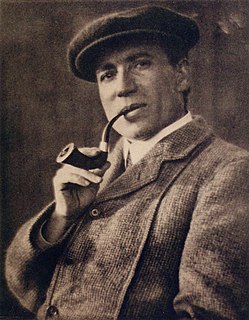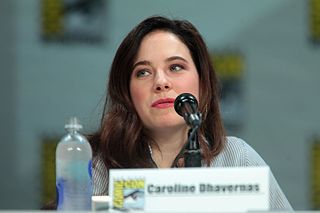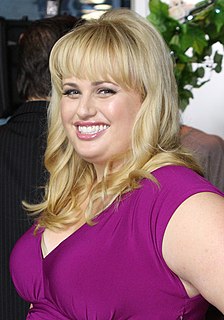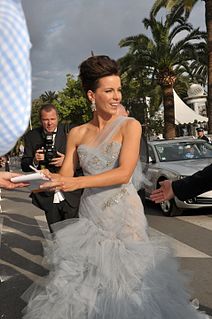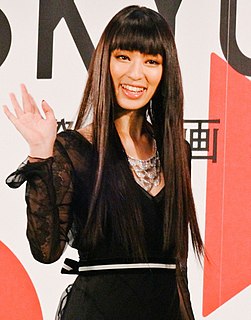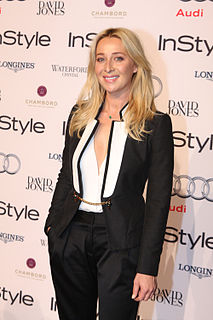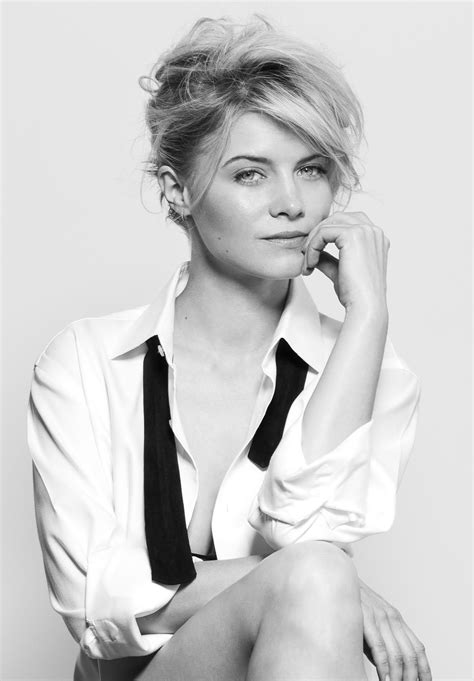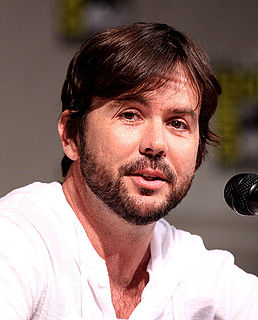A Quote by Romesh Ranganathan
Years later, when I was working as a trolley wally in a supermarket, I tackled the boredom by talking to the customers in as many different accents as I could manage. I started with one that I didn't think would alert any suspicion - generic Asian - then moved on to Irish, Welsh, Australian and American.
Related Quotes
I always feel like people misunderstand the difference between an Asian story and an Asian-American story. That's completely different, too. I have friends who grew up in Asia, and our experiences are so different. Even though we might look the same, I feel like being Asian and then being Asian-American is completely different.
I wish reporters were more in tune to the difference between the Asian experience and the Asian-American experience. I think often they lump the two together and think that when I talk about Asian-American narratives that they can cite 'Crouching Tiger, Hidden Dragon' or 'Mulan' as proof of concept when it's a different experience.
My brother often complains to me about the 'angry Asian male' in the United States. As a female, I haven't encountered this, but Asian-American men are angry. They're angry because, for so many years, they've been neglected as sex symbols. Asian women have it much easier, I think; we're accepted into various circles.
When I first started working, I was very aware of the fact that I'd been to university and studied Russian and French and not acting. So when I started working, I'd started working quite young, I felt like it was important to treat myself kind of like an apprentice and do as many different types of things as I could.
But 'Love My Way,' it would be incredibly difficult to resist jumping back in all these years later. I think it would be a very interesting thing to do. We have all moved on with different things. It was such a long time ago but, because the drama was so beautifully written and crafted, it would be irresistible probably.
I think it's not an accident that you don't have that many Asian American women writers who are breaking out. I don't think it's an accident that you don't have that many Asian American writers, either women or men. I don't think that immigrants are encouraged to become artists. That's very gendered and racialized and ethnicized.
